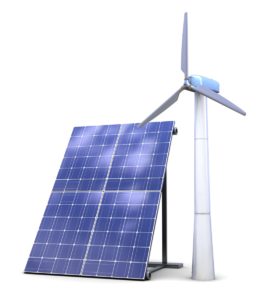A growing reliance on delivery services caused by a year of lockdowns has helped spawn an urban industry of rapid delivery e-grocers that are now competing for investment and market share.
Startups operating out of their own dark stores are offering to deliver products at supermarket prices in as little as 10 minutes from the point of ordering. Investors are betting big that the surge in demand for such services will drive the next revolution in food retail, which is still largely offline.
Since the beginning of the year, a host of rapid grocery delivery companies have secured mega-rounds of $100 million or more. Istanbul-based Getir saw its valuation jump from $850 million to $7.5 billion, according to PitchBook data, thanks to three rounds between January and June. Berlin’s Gorillas achieved unicorn status in March with a $290 million Series B, while across the Atlantic, Philadelphia-based Gopuff reached an $8.9 billion valuation following its funding round in the same month.
“It’s the Wild West out there,” said Nenad Marovac, founder and CEO of DN Capital and backer of London-based e-grocer Weezy, who has been looking to invest in the next unicorn in the sector. “Before our investment, I was looking at other startups [in the space] that were getting crazy valuations for very little and I knew I had to invest.”
With the influx of VC money into the space, many markets are reaching the point of saturation. In London, for example, there are around 10-plus startups operating in the city with the same underlying technology and largely offering the same products.
“It’s still very early days, but in the long-term, the market probably can’t maintain as many players as there are right now,” said Steve O’Hear, VP of strategy for London-based online grocery delivery startup Zapp. “I don’t think it’s going to be a winner-takes-all situation, but you need to be a meaningful competitor.”
According to O’Hear, the sector is cash-intensive, with startups requiring a lot of capital to establish warehouses, recruit drivers and select the right products—in the case of Zapp, it has raised around $100 million. The costs of operating are only expected to grow as startups build additional infrastructure in each new area they expand into. As such, many companies will be operating at a significant loss.






